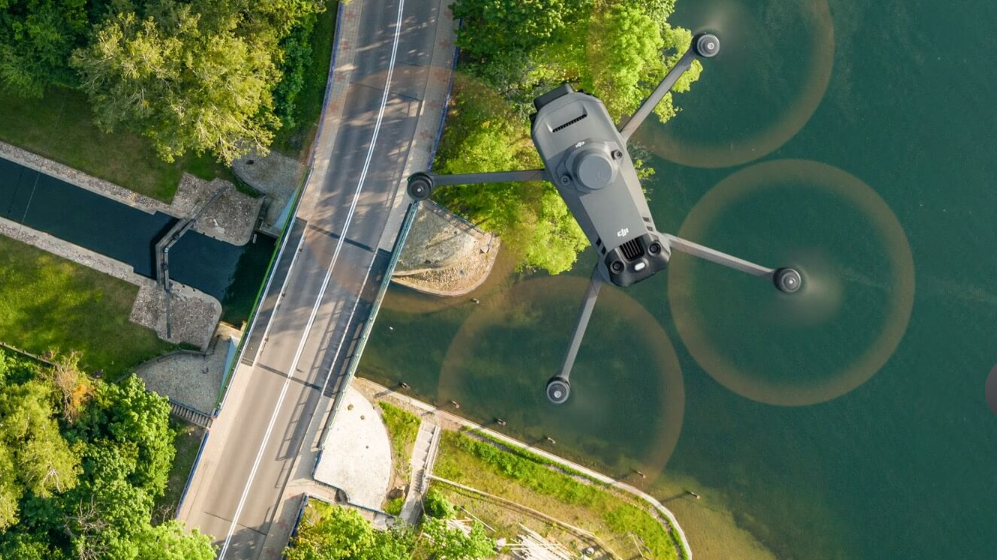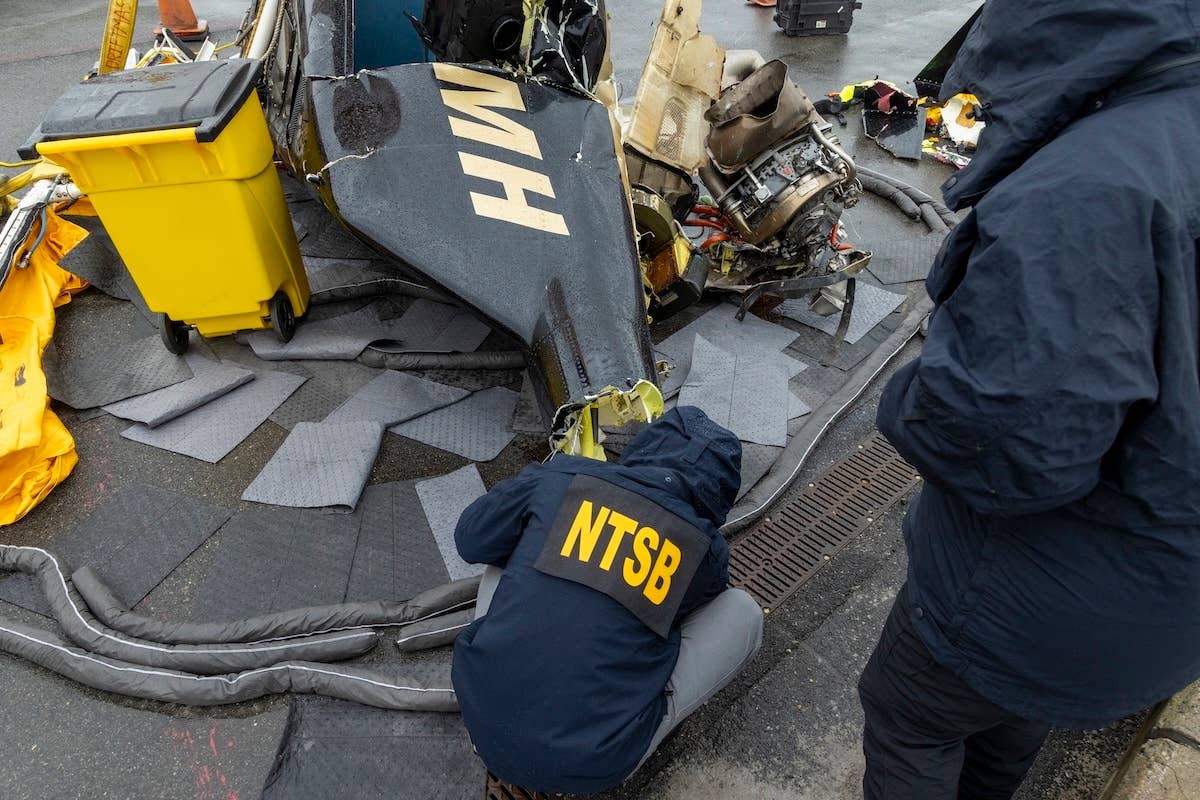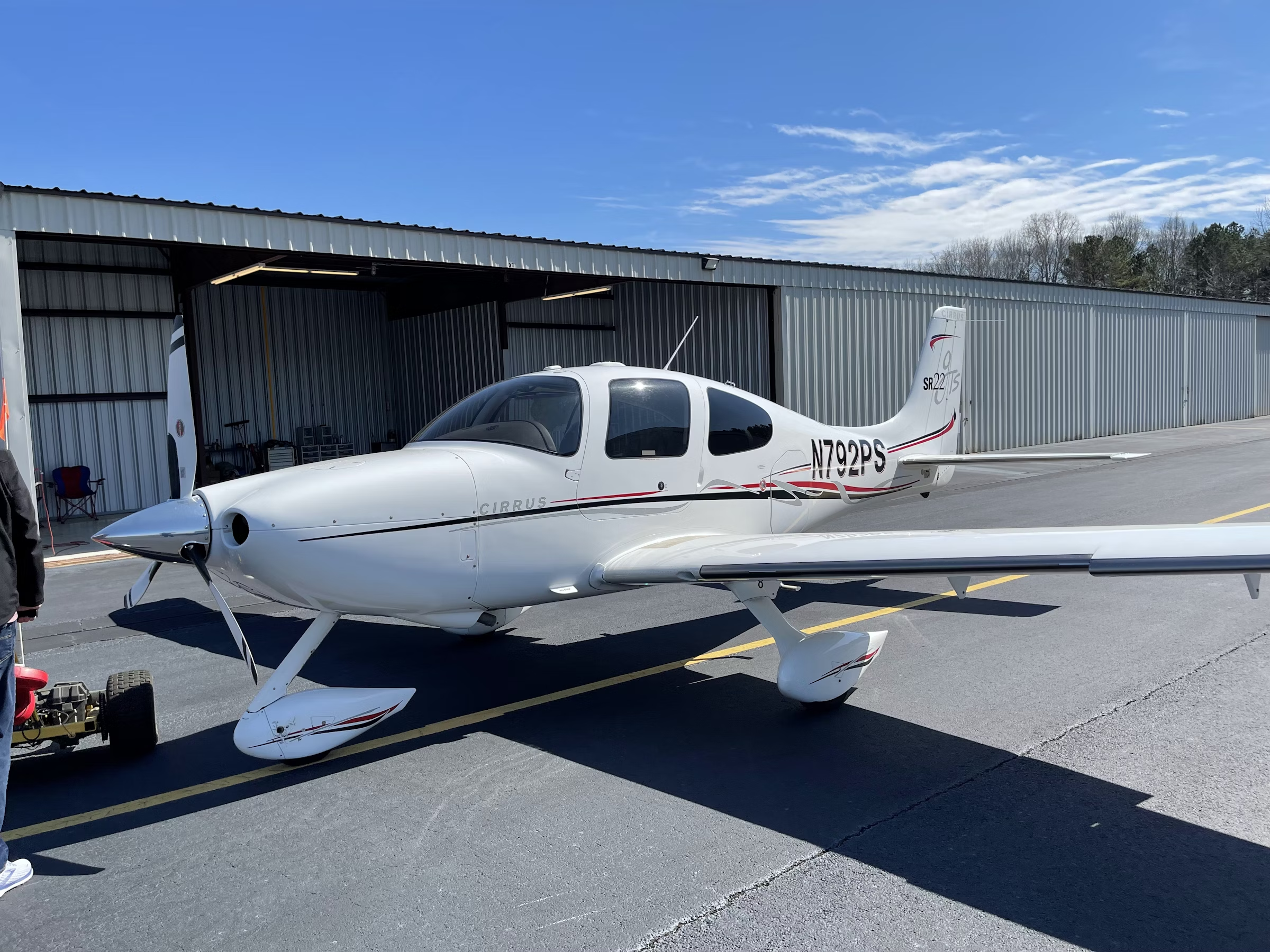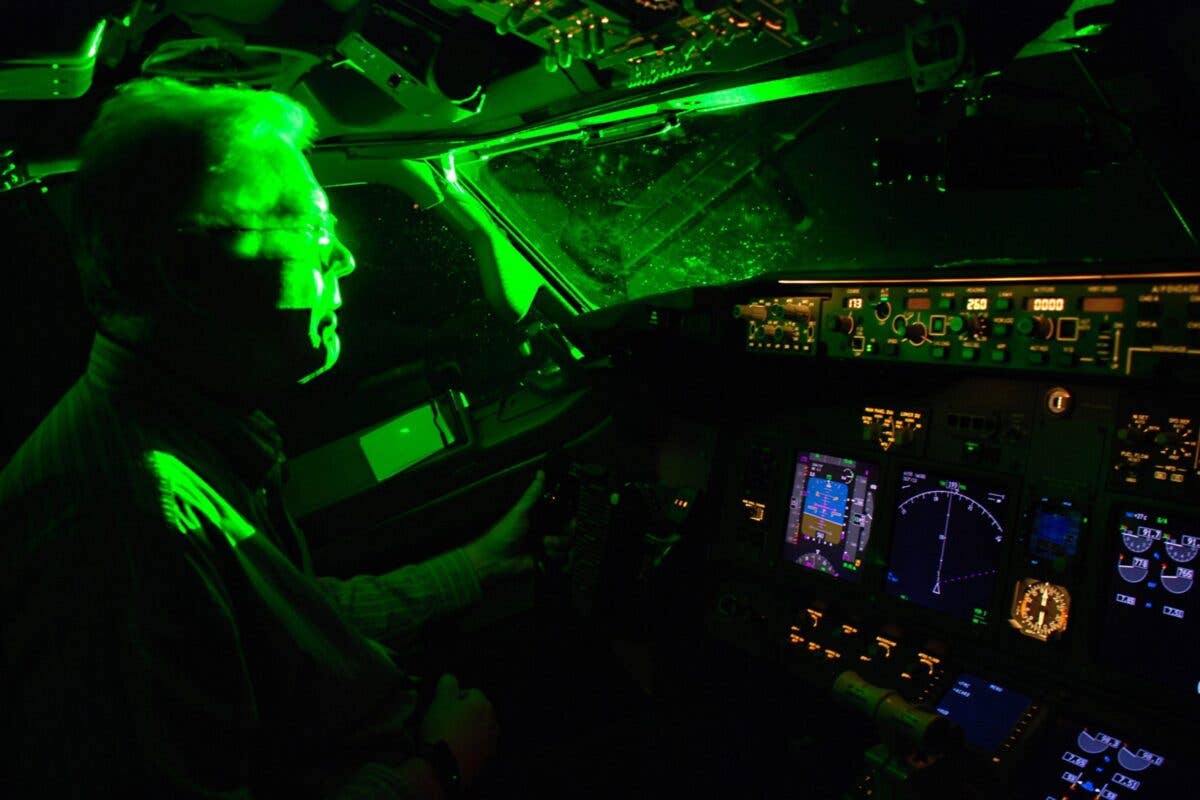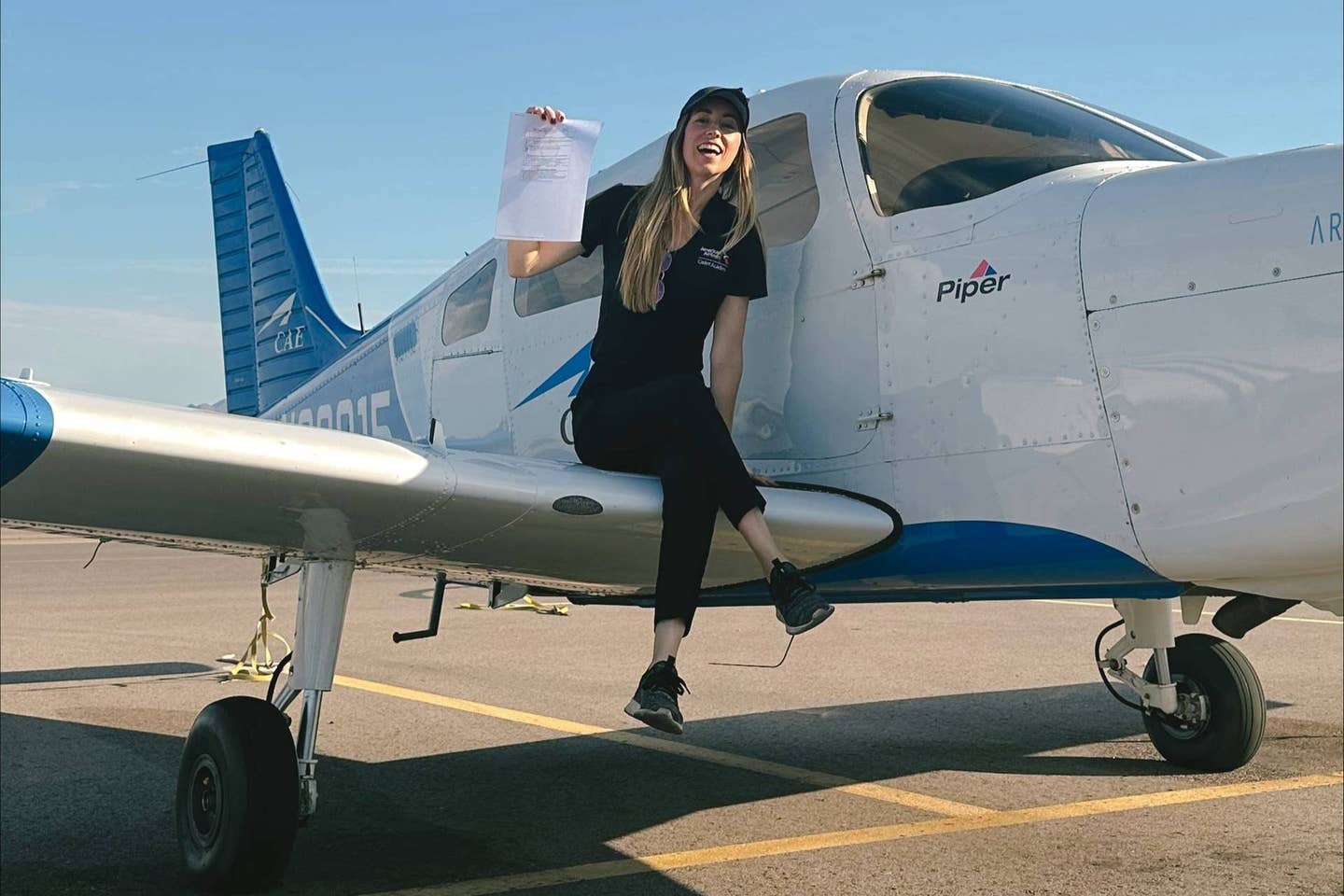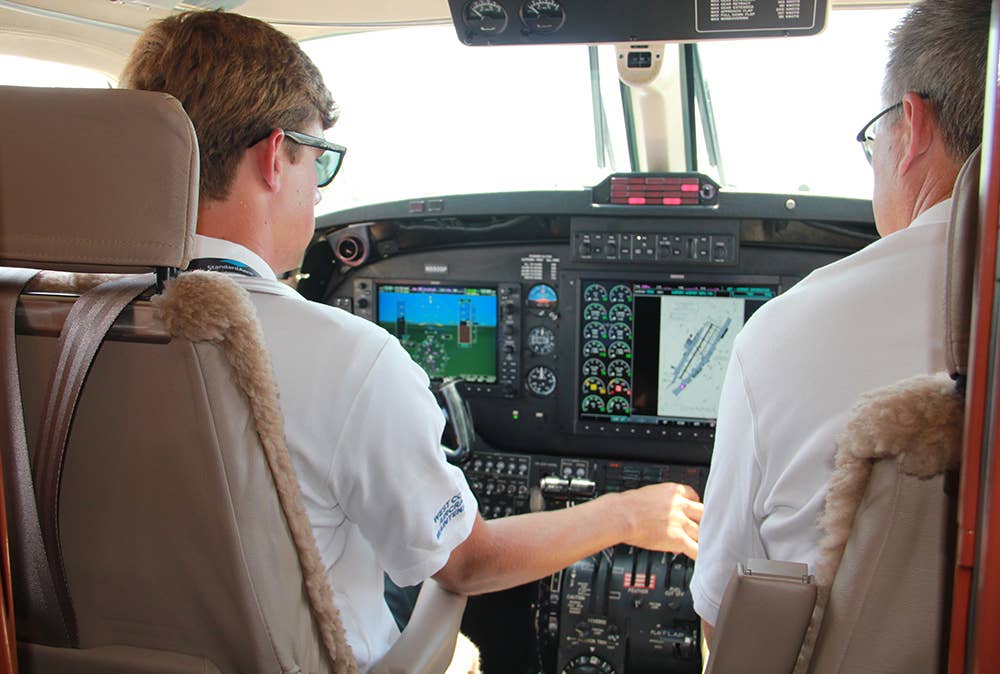Electric Air Taxis Could Fly Passengers at 2032 Brisbane Olympics, City Says
The Brisbane City Council last week released a proposal to overhaul the city’s transportation system, including the potential introduction of urban air mobility services.
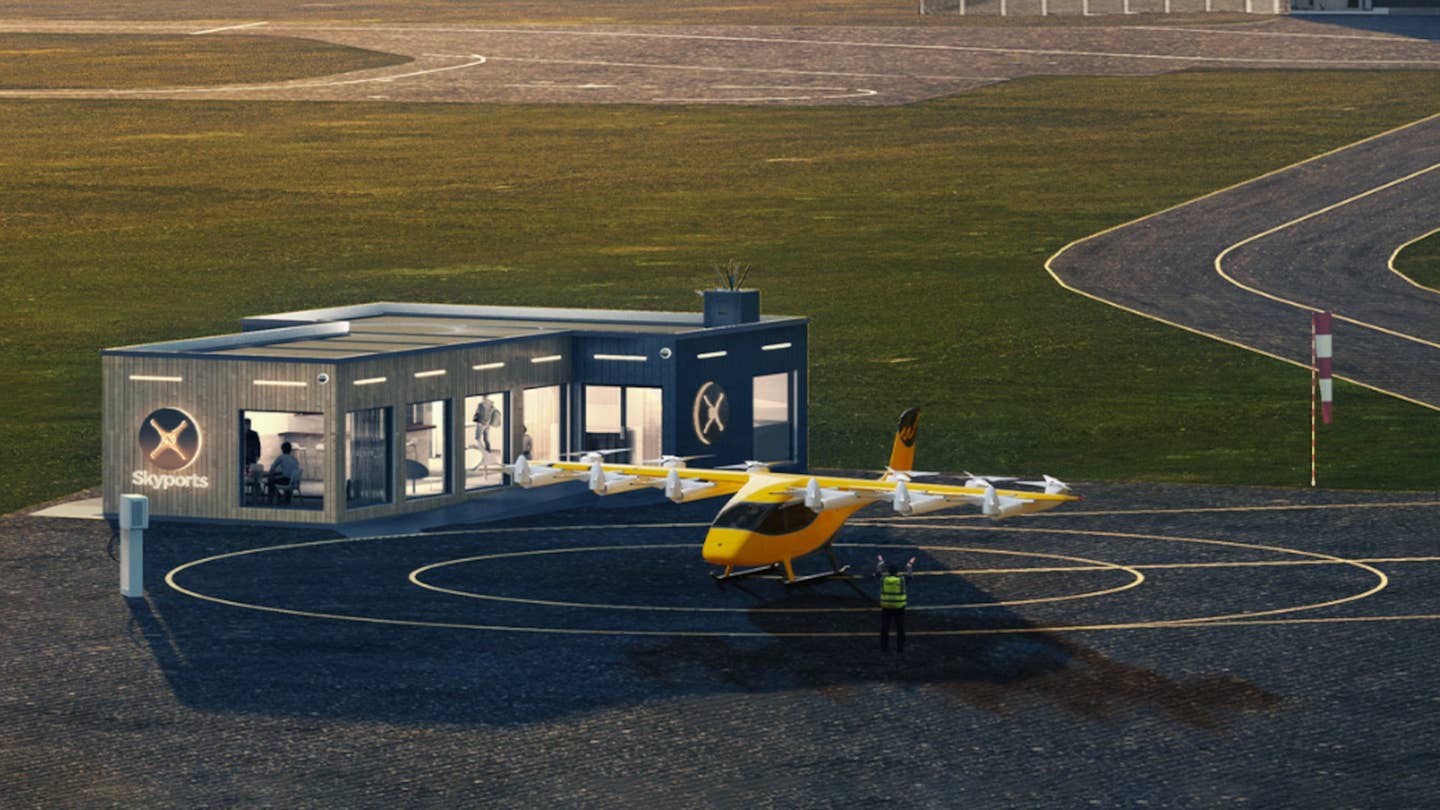
Boeing air taxi subsidiary Wisk Aero and vertiport developer Skyports Infrastructure are collaborating to launch a self-flying air taxi service in Australia’s Queensland region. [Courtesy: Wisk Aero]
The city of Brisbane, Australia, is preparing to welcome urban air mobility (UAM) aircraft for the 2032 Olympic and Paralympic Games—including, potentially, electric air taxis.
The Brisbane City Council last week published a proposal outlining an array of improvements to the city’s transportation system that could be made in time for the Games, with UAM among them. Such a project would require collaboration across all levels of government to install special infrastructure in city centers, including domestic and private airports.
While the proposal does not mention electric air taxis specifically, Australia’s Civil Aviation Safety Authority (CASA) defines UAM as “short- to medium-range and endurance [services] designed for low altitude point-to-point passenger or cargo carrying tasks in, and between, urban areas.”
Among the aircraft that would fulfill these services, according to the regulator, are electric vertical takeoff and landing (eVTOL) air taxis. These outlandish designs can take off like a helicopter and cruise like a conventional plane.
“When we secured the Games, we knew it meant more than hosting for a few weeks: it was a chance to leave a lasting transport legacy for our city,” said Adrian Schrinner, mayor of Brisbane, in the proposal. “The Games present a once-in-a-lifetime opportunity to accelerate investment in our transport network and deliver long-term benefits for our community that are inclusive and accessible to all.”
One eVTOL air taxi manufacturer, Boeing’s Wisk Aero, in July hinted that its self-flying Generation 6 could make its debut in time for the 2032 Brisbane Games. Wisk is collaborating with vertiport developer Skyports Infrastructure, which is building vertical takeoff and landing sites equipped with electric aircraft chargers.
In the opinion of Clem Newton-Brown, CEO of another vertiport developer, Skyportz, the proposal is confirmation that Brisbane is considering hosting flights of electric air taxis such as Wisk’s.
“Brisbane is well suited for waterfront vertistops co-located with ferry terminals, as the [Brisbane] river wraps around the [central business district],” Newton-Brown told FLYING. “But they are also going to need suburban vertistops stretching from the Sunshine Coast to the Gold Coast and into the hinterland.”
In addition to the Sunshine Coast and Gold Coast, the proposal names Brisbane’s Moreton Bay, Scenic Rim, and international cruise ship terminal as potential UAM destinations. The city council said it is exploring direct access to the city center from its key transport hubs and that these routes would complement “future autonomous air taxi services,” which would appear to be a nod to Wisk.
“With eight years to go, the Games present a strong opportunity to showcase the potential of urban air mobility,” the proposal reads. “[The South East Queensland] Council of Mayors is playing a key role in facilitating collaboration between government agencies involved in the planning for urban air mobility.”
Added Newton-Brown: “In Australia, we have strong support from our air regulator, CASA, federal and state governments, but what we need is strong buy-in from local governments, and South East Queensland is currently leading the way.”
The city council expects to receive a commitment from state and local governments to fund the Olympic transportation projects by 2025. A business case would be developed between early 2025 or late 2026, with government approvals, funding, and the delivery of aircraft and infrastructure before the end of the decade. The goal is for the system to be operational by 2031.
“Our plan is sensible, affordable and achievable by 2032,” wrote Schrinner in a post on X, “but it's going to require a team effort by all three levels of government to ensure Brisbane's transport network can both cater for the games and cater for our city's incredible growth.”
Though they did not ferry passengers between venues as originally planned, electric air taxis did soar at the Paris Olympic Games this summer. German manufacturer Volocopter completed two test flights of its two-seat VoloCity design, including one that lifted off in front of the Palace of Versailles. The company did not receive approval in time to fly spectators despite offering for French President Emanuel Macron to be its inaugural passenger.
Electric air taxis are expected to fly again at the 2028 Olympic and Paralympic Games in Los Angeles, where American manufacturer Archer Aviation aims to launch a network by 2026. City transportation officials are preparing for Archer, and potentially others, to fly passengers at the big event.
Like this story? We think you'll also like the Future of FLYING newsletter sent every Thursday afternoon. Sign up now.

Sign-up for newsletters & special offers!
Get the latest FLYING stories & special offers delivered directly to your inbox

